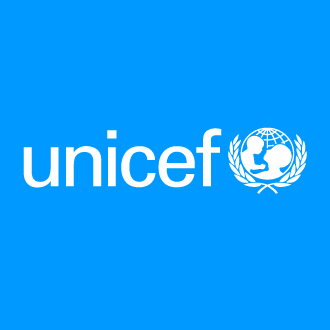UK To Cut UNICEF Funding By 60 Per cent
The UK government has notified UNICEF of its decision to cut more than half of its funding to the agency.

The United Nations Children’s Fund (UNICEF) has expressed profound concern over the United Kingdom’s decision to slash funding to the agency by 60 per cent.
The British government made its plans known to UNICEF Friday, April 30, as revealed in a statement.
UNICEF has been a key provider of humanitarian support and protection to the most vulnerable children in crisis ridden regions across the globe.
In 2020, the agency used a huge chunk of its funding to respond to education, health, and insecurity emergencies as well as emergencies brought about by the devastating impact of the COVID-19 pandemic.
In 2019, the UK provided $494 million in funding to UNICEF, making it the second-largest donor after the United States.
HumAngle reported the British government’s intentions of slashing financial aid to many countries earlier in March, with Nigeria possibly experiencing up to 58 per cent funding cut.
“The UK Government has informed us today that it intends to reduce UNICEF’s core funding by approximately 60 per cent. We are deeply concerned by this decision.”
“Any cuts to these funds will have serious consequences for children,” UNICEF said.
The agency said it was still too early to predict how much the cut would affect humanitarian activities, but would no doubt put many children in conflict zones at higher risk.
“The UK Government has long been a key partner for UNICEF’s work for children around the world, helping to save and improve the lives of millions of vulnerable children and providing them with access to critical water, sanitation, education and health services.”
“While we recognise the challenging financial situation currently facing governments, the needs of children have never been greater and it’s vital that this support is sustained in a context where COVID-19 threatens to reverse the gains we have made over the years,” the agency added.
By law, the UK had committed 0.7 per cent of its national income to international aid and could only be reduced after a vote by parliament according to Rishi Sunak, the UK’s Chancellor of the Exchequer.
UNICEF reiterated that it would continue to engage the British Government on the importance of their shared agenda in protecting children in need, and to reinstate its 0.7 per cent aid budget “as soon as possible.”
Support Our Journalism
There are millions of ordinary people affected by conflict in Africa whose stories are missing in the mainstream media. HumAngle is determined to tell those challenging and under-reported stories, hoping that the people impacted by these conflicts will find the safety and security they deserve.
To ensure that we continue to provide public service coverage, we have a small favour to ask you. We want you to be part of our journalistic endeavour by contributing a token to us.
Your donation will further promote a robust, free, and independent media.
Donate HereStay Closer To The Stories That Matter




